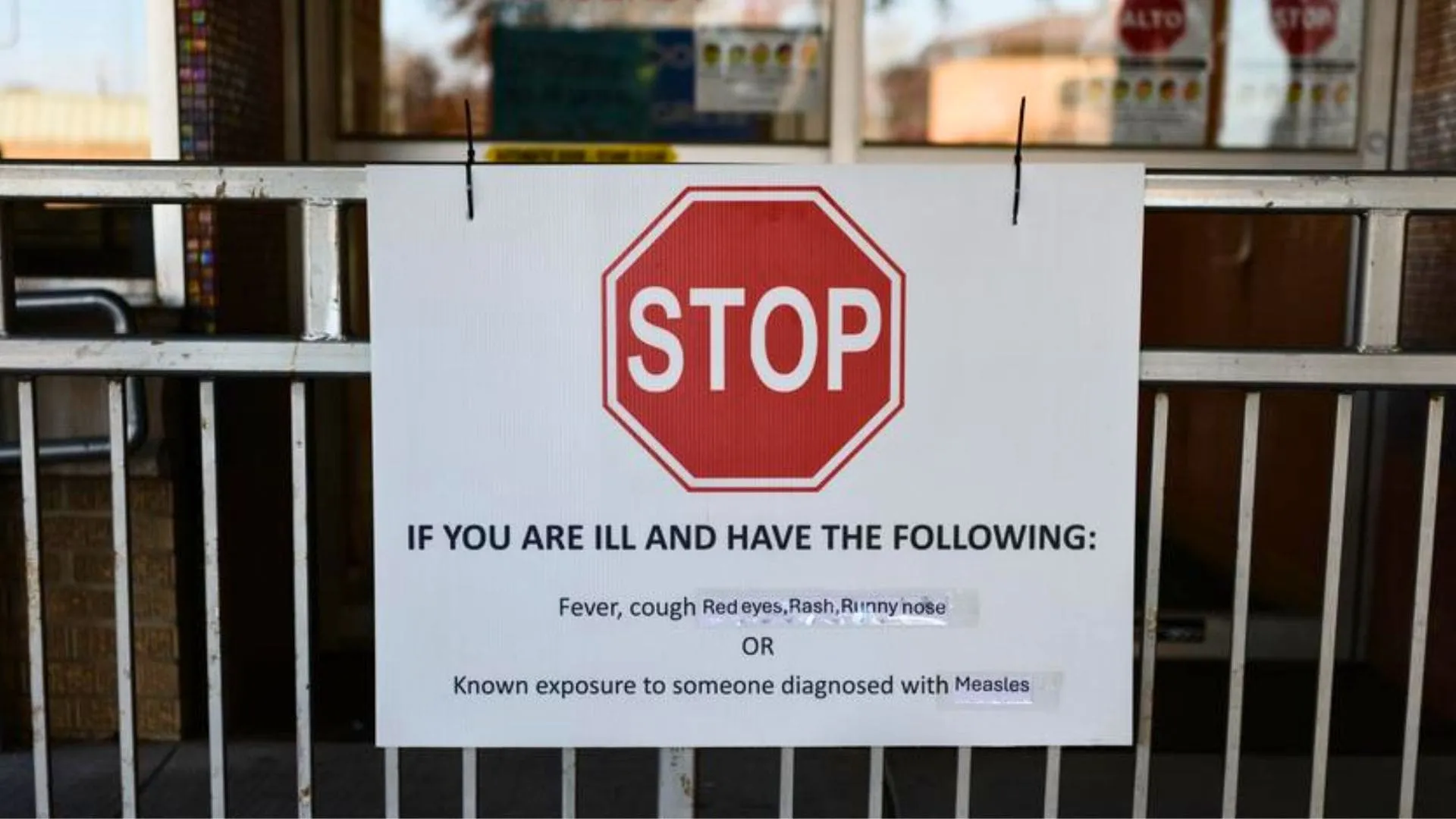A new study has raised important concerns about the long-term effects of tonsil removal in early childhood, linking it to an increased risk of developing stress-related disorders later in life. The tonsils, small glands located at the back of the throat, play a key role in the body’s immune system, particularly in defending against infections. Traditionally, tonsillectomy (the surgical removal of the tonsils) has been performed to treat recurring throat infections or sleep apnea. However, this new research suggests that removing tonsils at an early age may interfere with the immune system’s development and increase the risk of psychological and physical health issues later in life.
Tonsillectomy and Its Traditional Role
Tonsillectomy has been a common procedure for decades, primarily aimed at alleviating issues like recurrent tonsillitis or obstructive sleep apnea. In the past, children with frequent throat infections or enlarged tonsils that obstructed their airways were often treated by removing the tonsils. While the procedure has generally been considered safe and effective in treating these issues, concerns have been raised about the long-term impact of such interventions on the immune system and overall health.
The Role of Tonsils in Immune System Development
Tonsils are part of the lymphatic system, which helps the body fight off infections. They act as the first line of defense by trapping pathogens that enter through the mouth and nose. Tonsils also play an important role in developing immune memory, allowing the body to recognize and respond more effectively to pathogens it has encountered before. While tonsil removal can relieve immediate health problems, it may disrupt the body’s ability to mount immune responses to new infections, especially in early childhood when the immune system is still developing.
The Link Between Tonsil Removal and Stress-Related Disorders
The study, which followed individuals who had undergone tonsillectomies in childhood, has highlighted a potential link between early-life tonsil removal and an increased risk of stress-related disorders later in life. Researchers found that people who had their tonsils removed as children were more likely to experience mental health issues, such as anxiety, depression, and post-traumatic stress disorder (PTSD), when compared to those who had not undergone the procedure.
One of the key findings of the study was the observation that early-life surgical interventions, particularly those that affect immune system development, may increase susceptibility to stress-related conditions. The tonsils play a role in modulating immune responses, and their removal could lead to an imbalance in the immune system, making the body more prone to inflammation. Chronic inflammation has been linked to several mental health disorders, including depression and anxiety. This suggests that tonsillectomy, while effective in treating immediate physical symptoms, might have unintended consequences on mental health years later.
Psychological Impact of Early Surgery
The psychological effects of childhood surgery have been studied for many years. Research has shown that early surgical experiences, especially those involving significant bodily changes, can influence emotional development. Children who undergo surgery may develop a heightened sensitivity to stress, which can manifest as anxiety or mood disorders later in life. The physical trauma associated with surgery, combined with the impact on the immune system, may lead to a heightened stress response and an increased vulnerability to psychological conditions in adulthood.
The emotional impact of the tonsillectomy procedure itself cannot be underestimated. Children who undergo surgery at a young age may experience feelings of helplessness or fear during the recovery process. These early experiences may contribute to the development of long-term stress responses, potentially influencing the individual’s ability to cope with future stressors.
Immune System Disruption and Stress Responses
The immune system and the nervous system are closely linked, and disruptions in immune function can influence the body’s response to stress. When the tonsils are removed, the body may experience an increase in systemic inflammation due to a reduced capacity to filter out harmful pathogens. Chronic inflammation has been found to contribute to the development of stress-related disorders by affecting the brain’s chemistry, particularly in areas involved in regulating emotions and stress responses.
In addition, the early removal of the tonsils may hinder the body’s ability to develop immune memory, making individuals more susceptible to infections and illnesses. This continuous strain on the immune system may result in an overactive stress response, which can contribute to the development of anxiety, depression, and other psychological disorders later in life.
The Study’s Findings and Implications
The findings of this study are significant because they suggest that the long-term consequences of tonsillectomy extend beyond physical health and may influence mental health outcomes. While the procedure is effective for addressing specific health issues in childhood, it may inadvertently increase the risk of developing stress-related disorders in adulthood.
Researchers involved in the study recommend further investigation into the long-term effects of tonsillectomy on mental health. They suggest that the procedure should be reconsidered, especially for children who do not have significant health issues related to their tonsils. Additionally, alternative treatment options, such as medications or non-invasive therapies, should be explored to minimize the potential risks associated with the removal of this critical immune organ.
While tonsillectomy is often seen as a routine procedure to treat common childhood ailments, this study sheds light on the potential long-term risks associated with removing the tonsils at an early age. The research suggests a strong link between early-life tonsil removal and an increased risk of stress-related disorders in adulthood, highlighting the importance of considering the broader implications of surgical interventions in children.
As this study reveals, the effects of tonsillectomy may go beyond physical health and affect mental and emotional well-being. These findings underscore the need for a more cautious approach to tonsil removal and encourage further research into the long-term impact of childhood surgery on mental health. Ultimately, understanding the relationship between immune system development and stress-related disorders can lead to better treatment strategies and more informed decisions regarding pediatric health care.









